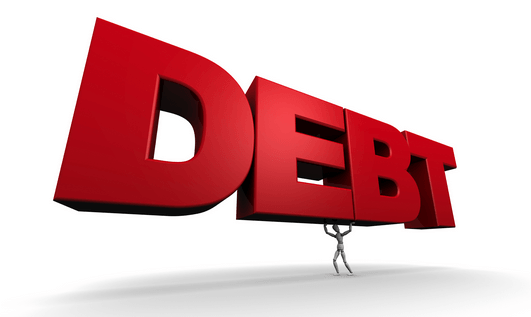

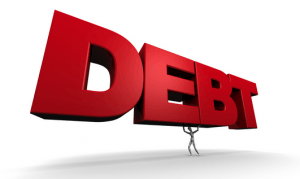 The Institute for Energy Security (IES) has warned that Ghanaians will pay higher energy tariffs if the sector’s $3.1 billion debt is not cleared urgently.
The Institute for Energy Security (IES) has warned that Ghanaians will pay higher energy tariffs if the sector’s $3.1 billion debt is not cleared urgently.
Nana Amoasi VII, Executive Director, IES, explained that the debt would keep increasing, should measures like the suspended GH¢1 energy sector levy, were not implemented.
The levy is part efforts to address the sector’s systemic challenges in relation to the implementation of a three-year $3 billion International Monetary Fund (IMF) loan-supported programme, expected to end in 2026.
“In the long run, we may be taxed. We may be compelled to pay higher tariffs for electricity, and so we’ll still bear the consequence of this.” Nana Amoasi VII, said in an exclusive interview with the Ghana News Agency.
He explained that the levy was because of the government’s inability to finance fuel supply to power plants, making it difficult to dispatch thermal power plants necessary to meet electricity demand.
That had been necessitated by the loss of external funding credibility, misapplication of Energy Sector Levy and Debt Recovery Levy (ESLA) funds and increased commercial and technical losses at the Electricity Company of Ghana (ECG).
Other challenges were non-compliance with the cash waterfall system (a financing scheme to share revenue efficiently and effectively among various stakeholders), poor revenue collection, political interference, and wrongful procurements.
“ESLA was expected to generate approximately $600 million annually based on petroleum consumption levels of 3.9 million metric tonnes per year, with the intention of clearing the debt within five years. However, after nearly nine years, the mechanism has failed to achieve its objectives.” Nana Amoasi VII, noted.
The IES Executive Director also noted that the country blew the opportunity it had with the ECG partner concessionary agreement with PDS “because of greed, lack of transparency, and due diligence.”
He urged the government to deepen stakeholders’ engagement to agree on the best path forward for addressing Ghana’s mounting energy sector debt crisis following the suspension of the energy sector levy.
“We will need some assured source of funding for the procurement of particularly the liquid fuels like crude oil, heavy fuel oil, and the distillates,” he noted, explaining the need for targeted petroleum products as a funding source.
He expressed confidence that the levy would provide respite to the government with an assured revenue stream, reduced fiscal burden and freeing up space for other development projects in areas such as roads, health, and education.
He also recommended private sector involvement to introduce needed funding, expertise, innovative tools, and help reduce systemic inefficiencies and losses, drawing lessons from the collapsed Power Distribution Services (PDS) agreement.
Nana Amoasi VII said such agreements should be founded on transparency, open engagement, proper due diligence, and good governance in any future arrangements.
He called for greater citizen engagement in critiquing inefficiencies and corruption in the energy sector, emphasising that early action was crucial to preventing higher costs in the future.
Source: GNA
The post IES warns of higher tariffs over $3b energy sector debt appeared first on Ghana Business News.
Read Full Story

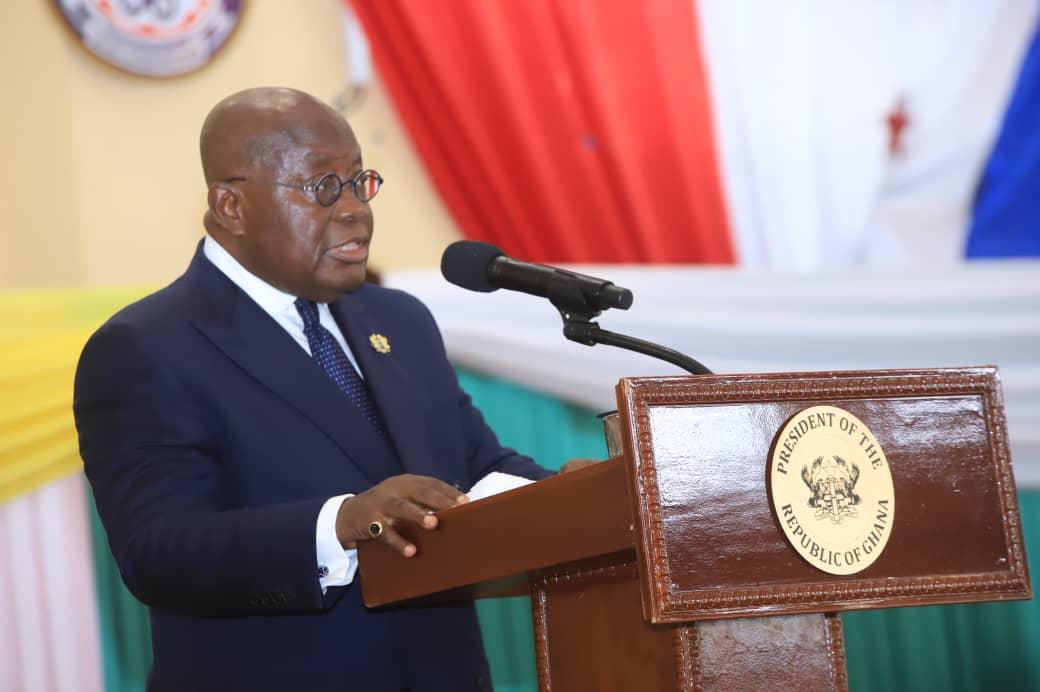
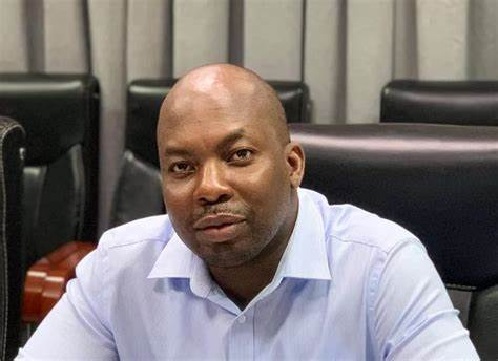

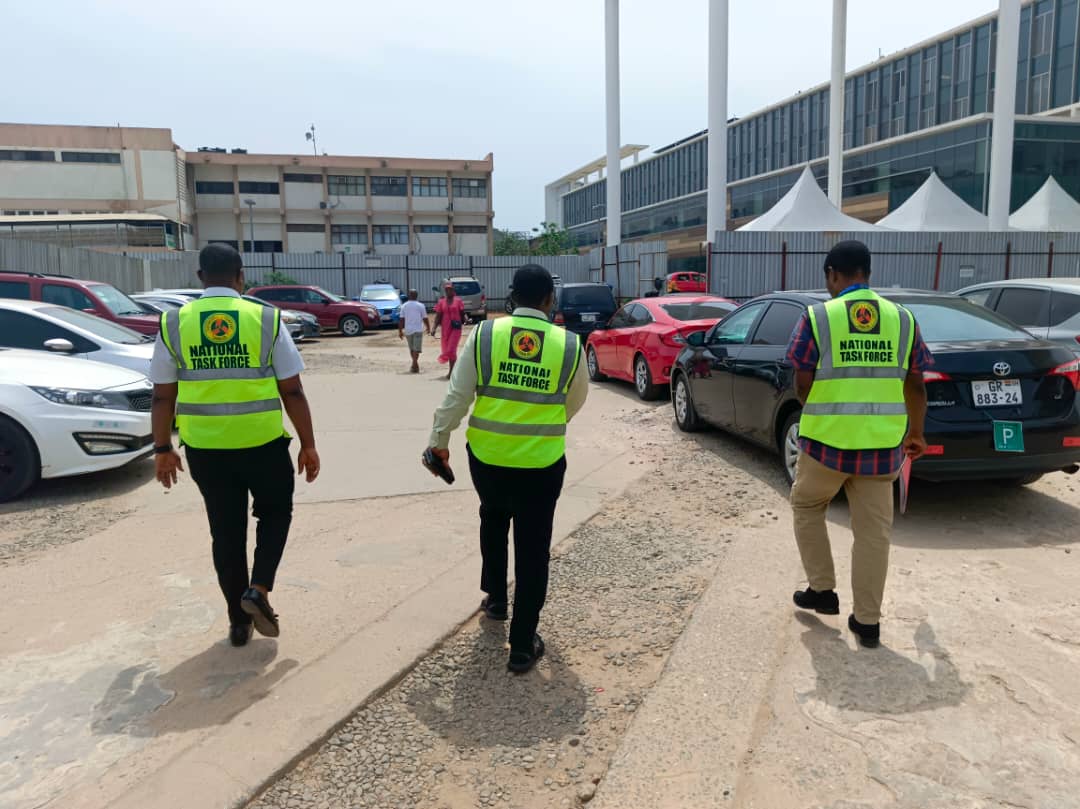
















Facebook
Twitter
Pinterest
Instagram
Google+
YouTube
LinkedIn
RSS